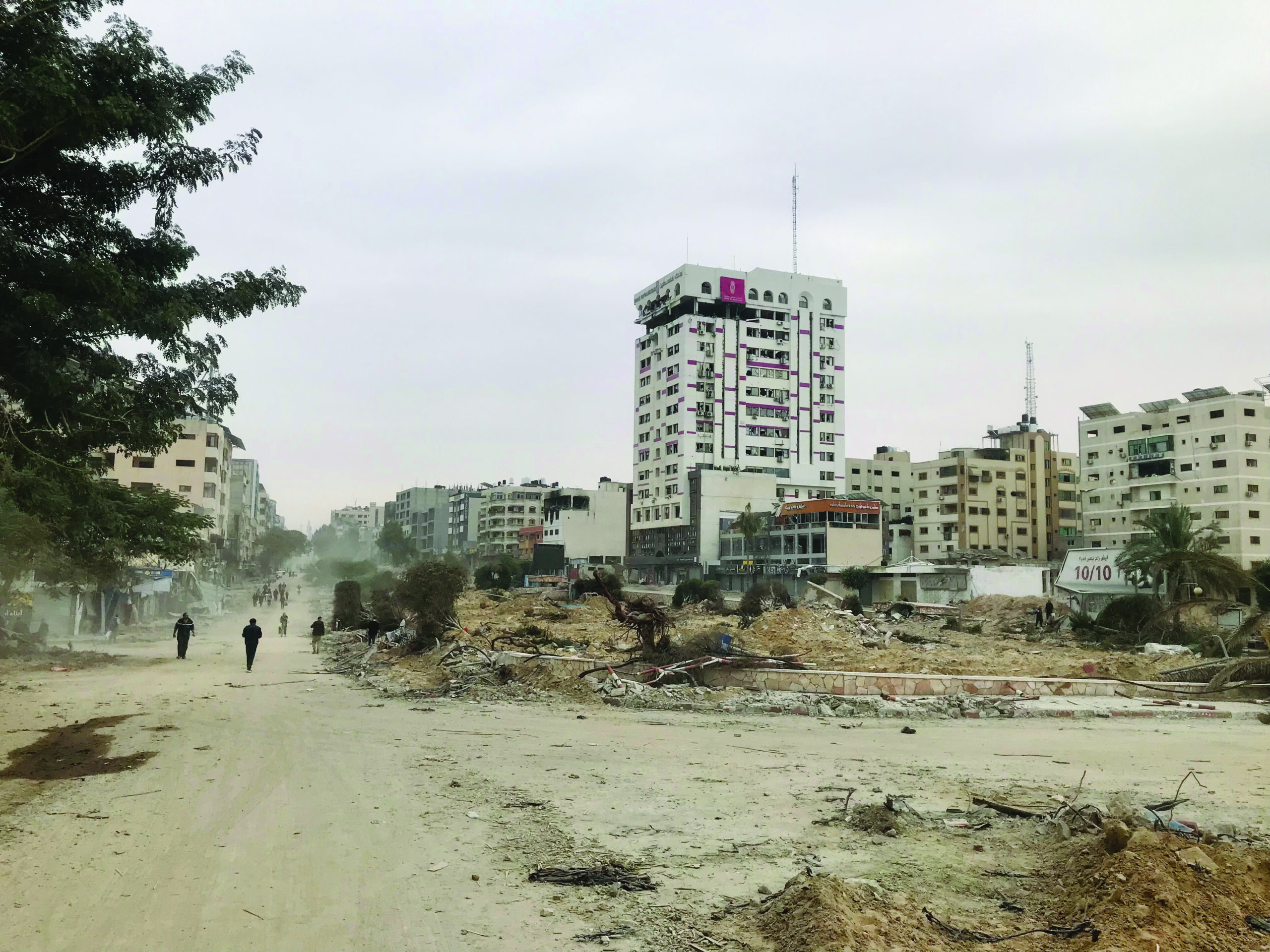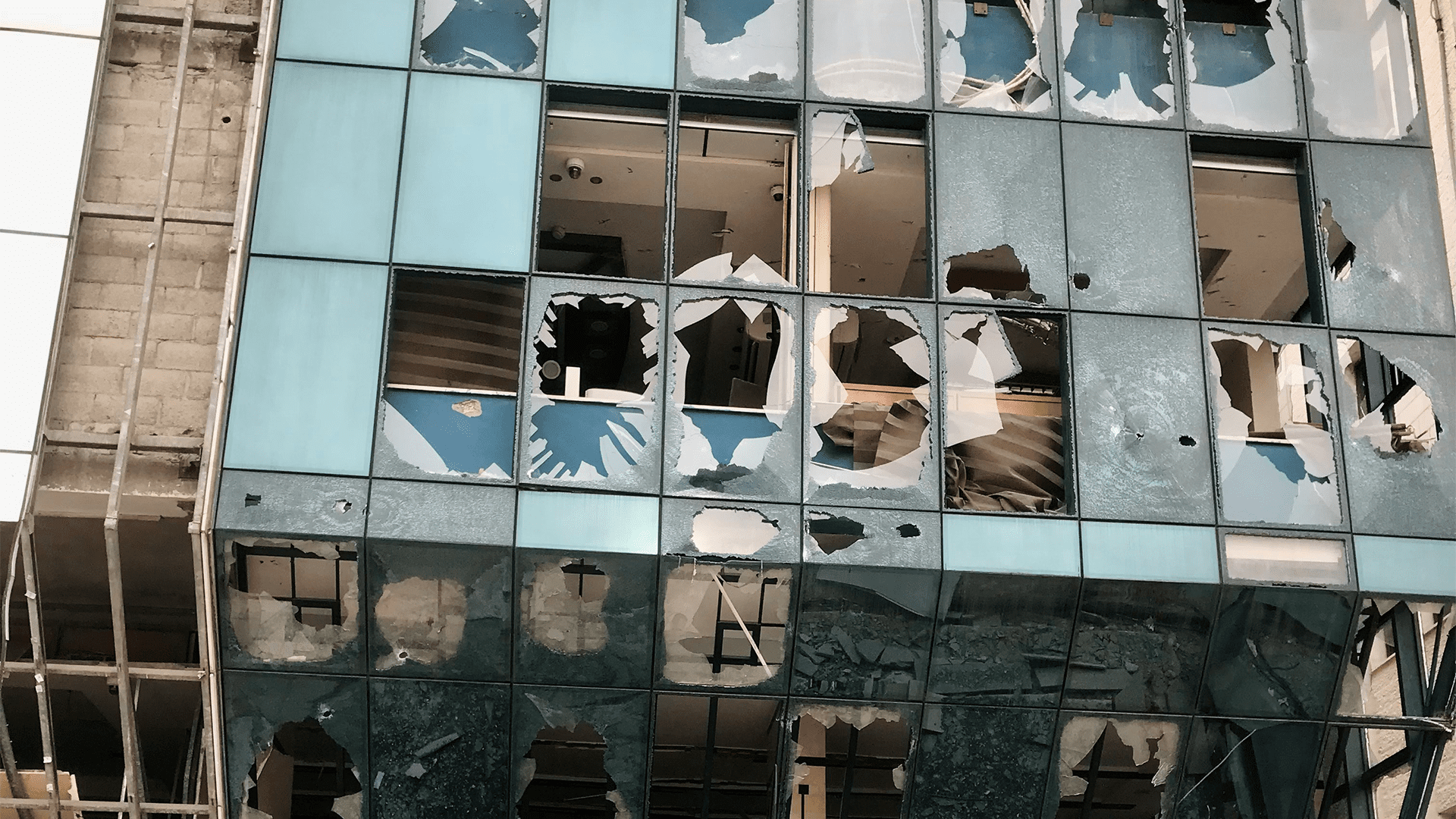L
Transcript of a November 2023 message on the Israel-Gaza war by Chief Rabbi Sir Ephraim Mirvis KBE of the United Hebrew Congregations of the Commonwealth
In war, there are no winners.
In Parshat Vayishlach, we read how Yaakov was just about to meet up with his twin brother Esav, who had threatened to kill him. And how does the Torah describe Yaakov’s feelings at that momentous time? “Vayirah Yaakov Meod Vayeizer Lo”—Yaakov was afraid, and he was sorely distressed. And the obvious question is, why do we need to have both sentiments mentioned? If he was afraid, it’s because he was distressed. And if he was distressed, he was certainly afraid.
The Netziv of Volozhin explains as follows: “Vayirah Yaakov Meod,” Yaakov was afraid; “Vayeizer Lo,” he was distressed because he was afraid. Yaakov knew that it was Hashem’s idea for him to end his sojourn in the diaspora, to come back to Israel to meet his brother again. Therefore, he should have had confidence in the Almighty. Nonetheless, his human feelings came to the fore. He was nervous. He was fearing what was going to happen, and that distressed him.
Rashi gives a very different answer. Explains Rashi: “Vayirah Yaakov Meod,” Yaakov was afraid lest he be killed. “Vayeizer Lo,” he was distressed lest he be forced to kill another. For Yaakov, war was not within his comfort zone. He realized that in the aftermath of war, even for those who are victorious, there are pieces to pick up.
At this very moment, Israel is engaged in a tragic war. Israel didn’t ask for it; Israel didn’t want it. But Israel has the imperative to destroy the threat that exists against the Jewish state and against Jews worldwide and to bring all of our hostages back home. In the aftermath of this war, there will be pieces to pick up. There will be emotional scars. There will be people who will continue to suffer for a good while.
And that is why, as important and crucial and necessary as this war is, we pray that it will be successfully over as soon as possible, because as we learned from Yaakov Avinu, in war there are no true winners. Shabbat Shalom.

Excerpts from the November 2023 newsletter of Musalaha, a faith-based organization focused on reconciliation between Israelis and Palestinians
Since October 7, we have heard two recurring questions regarding our work at Musalaha. The first question asks if there is still any point for reconciliation after all this. But this question is rooted in apathy, uttered by the lips of the privileged. We are not observers spectating these unfolding atrocities; we all know people who have been killed, injured, and displaced over the years. Giving up on reconciliation abandons my dignity and humanity at a time when political and religious leaders are pushing us down the path of hatred and destruction. The second question has to do with what reconciliation looks like after this. This is a legitimate question rooted in skeptical hope and confusion. We are suggesting nonviolent co-resistance within our reconciliation framework as a way forward. As our programs move ahead, we are inviting participants to consider what this practice can look like as part of the reconciliation process. For now, we are imagining the nurturing of small grassroots groups who are willing to stand side by side, co-advocating for each other’s humanity, and building key strategic alliances with peace and human rights actors across the divide. Giving up on hope and submitting to wickedness was never an option—who among us has the audacity to tell our children the future has no hope?
—Daniel Munayer, executive director, and Wasim Nasser, programs manager
Our latest Muslim-Christian women’s meeting held in October was abnormal. History and narrative lessons are usually taught face to face, but Salim was unable to teach in person. Yet in spite of the deteriorating situation and many violent confrontations in the Bethlehem area, all participants attended.
This was a time for the women to share their hopes and fears. Our time was full of sadness, anger, helplessness, hope for an extended ceasefire and a better future for Palestine. It was the right time to reflect on our Palestinian narrative and how we can see the other narrative too. We considered how we can be sure about the other group’s narrative as well as our own—who is right and who is wrong?
While questions remained unanswered and the women process grief, plans for future projects remain paused.
—Hiba Allati, project manager


